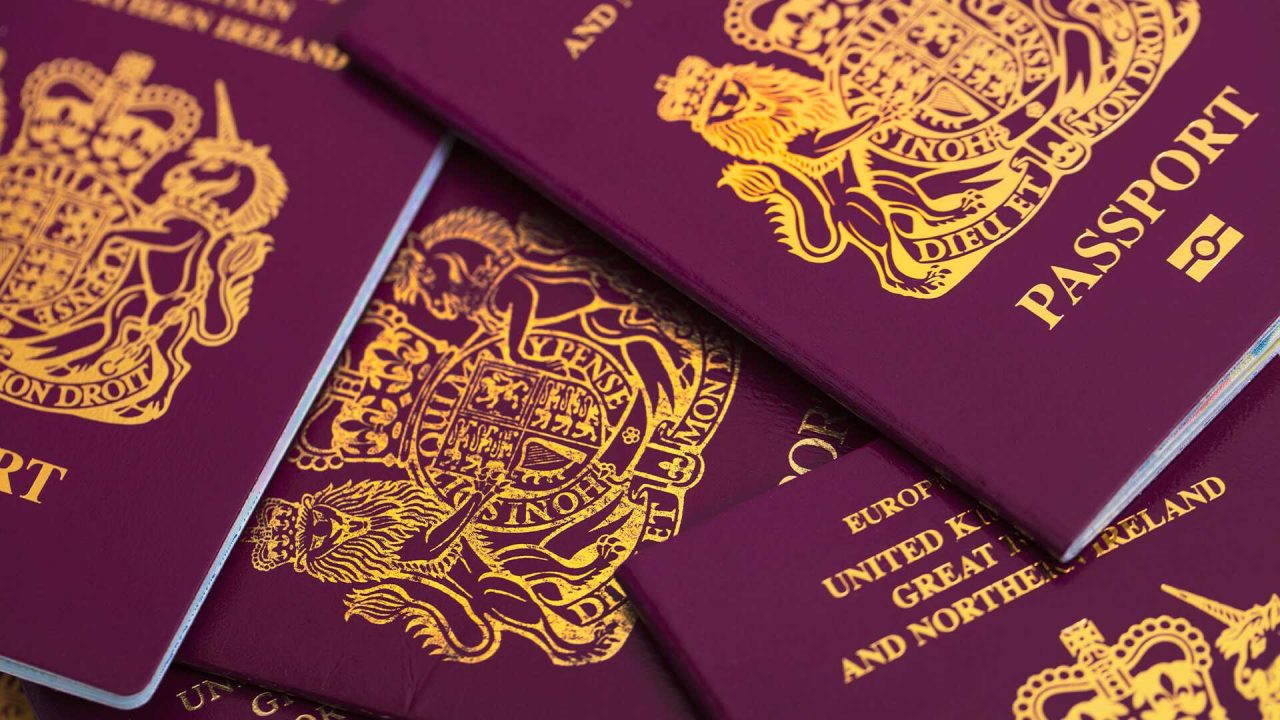People often forget to check the passport expiration before they travel. It seems like not a very important thing to think about before travel, assuming the validity of most of the passports is 5 or even 10 years.
It is, however, very important detail which may disrupt your travel plans even though your passport is still valid at the time of travelling.
Many countries require their visitors to have at least 6 months of validity left on their passport, mostly from the date of entry.
Why do you need a valid passport even after your intended visit?
It is to protect foreign countries from having troubles with visitors whose passport has expired during their visit for any reason (overstayed visa, cancelled flights, government lockdowns or any other unexpected circumstances etc.).
After the passport expiration date is due, it becomes an administrative nightmare to make the visitor leave the country after their passport expires. Passport loses its legal value and should then be no longer accepted.
You will then be refused by airlines or other carriers to take you onboard without the legal (international) document proving your identity.
It may still be possible to leave for example in some Schengen using just a national ID card (EU nationals only).
Travel to Europe after Brexit
For UK passport holders there is a change on travel to EU countries from 1st January 2021 as Brexit transition period ends.
UK passport holders will be required to have atleast 6 months left on their passport when travel to EU countries (except Ireland).
Countries requiring extended (6 months) passport validity
Schengen contries
Austria, Belgium, the Czech Republic, Denmark, Estonia, Finland, France, Germany, Greece, Hungary, Iceland, Italy, Latvia, Liechtenstein, Lithuania, Luxembourg, Malta, Netherlands, Norway, Poland, Portugal, Slovak Republic, Slovenia, Spain, Sweden and Switzerland.
Non-Schengen Europe, Asia and the Middle East
Albania*, Bahrain, Bangladesh, Belarus*, Bhutan, Bosnia and Herzegovina, Brunei, Bulgaria, Cambodia, China, Croatia*, Hong Kong**, Indonesia, Iran, Iraq, Israel, Jordan, Kazakhstan*, Kuwait, Kyrgyzstan, Laos, Macau**, Malaysia, Mongolia, Myanmar, Nepal, New Caledonia, North Korea, Oman, Pakistan, Qatar, Russia, Saudi Arabia, Singapore, Sri Lanka, Tajikistan, Thailand, East Timor, Turkmenistan, Turkey, United Arab Emirates, Vietnam, West Bank/Gaza Strip and Yemen.
*Passport must be valid three months beyond scheduled departure date.
**Passport must be valid one month beyond the date of your intended stay.
Africa
Algeria, Angola, Botswana, Burundi, Cameroon, Central African Republic, Chad, Congo, Cote d’Ivoire, Djibouti, Equatorial Guinea, Eritrea, Ethiopia, Gabon, Kenya, Madagascar, Malawi, Mauritania, Mozambique, Namibia, Rwanda, São Tomé and Príncipe, Somalia, South Sudan, Sudan, Tanzania, Uganda and Zambia.
North America and the Caribbean
Antigua and Barbuda, Grenada, Guadeloupe, Haiti, Honduras, Martinique, St. Barthelemy, St. Kitts, St. Lucia, Trinidad and Tobago, and Panama*.
*Passport must be valid three months beyond arrival.
South America
Bolivia, Ecuador, Guyana, Suriname and Venezuela.
South Pacific
French Polynesia, Kiribati, Marshall Islands, Micronesia, New Zealand*, Palau, Papua New Guinea, Tonga, Tuvalu and Vanuatu.
*Passport must be valid one month beyond planned departure.
Some countries not listed in the list above may not have 6 or 3 months rule on passport’s validity but may require other rules to be followed.
To reliably check current country’s rules and recommendations and whether or not you need to check the passport validity before you travel, visit the official UK government foreign advice website, select the country and head to ‘ Travelling to (country) -> (country) travel advice -> Entry requirements ‘ section.

